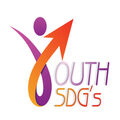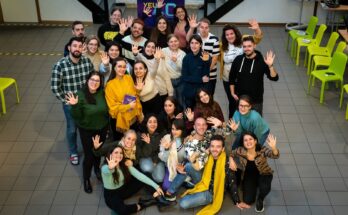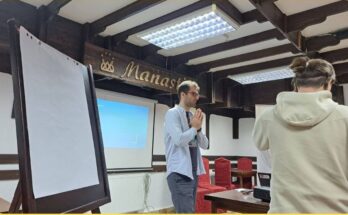President Ursula von der Leyen delivered her State of the Union (SOTEU) speech, marking the EU’s achievements in the last year and hinting at the upcoming proposals of the European Commission. Whilst we hoped to hear what von der Leyen is planning beyond mere crisis management, her address was instead a mix of good proposals, most of which unfortunately too narrow in scope to address Europe’s challenges in the long term.
President von der Leyen rightly pointed out that the EU needs new own resources to support the economic recovery. However, this initiative cannot be limited to a one-off technocratic fix. The EU must have a permanent capacity to finance itself independently. Only a Fiscal Union can ensure the EU serves its citizens effectively, now and in future.
While her rhetoric on European values was also unmistakably strong, this too was not matched by anything more by the Commission than a commitment to issue ‘recommendations’ to those Member States who violate the rule of law. The President’s vague wording skirted the fact that the Commission still has not started implementing the rule of law conditionality regulation adopted in January. Furthermore, the Commission continues to ignore the European Parliament’s calls for a comprehensive Mechanism on Democracy, the Rule of Law and Fundamental Rights.
Looking beyond the EU’s borders, we were also disappointed to find a Commission President still unable to live up to the expectation that the Union take on a global role. Whether regarding Belarus or Afghanistan, the statements of von der Leyen are simply copies of those of the European Council. Our President must represent something more than the sum of our parts on the world stage. This requires a strong and independent foreign policy, grounded solidly in the EU’s values, where the Union can take decisive action in support of the people of Belarus, Afghanistan, and all those who call on Europe for help.
Finally, despite several lofty thoughts, von der Leyen failed to lay out the road ahead for a more united and democratic Europe. The Conference on the Future of Europe (CoFoE) was mentioned only in passing, despite it entering its crucial citizen-focused phase in just a few days. It seems that this and other ambitious ideas as part of the “New push for European democracy” priority of the Commission, including transnational electoral lists, the Spitzenkandidaten system and the right of initiative of the European Parliament have been put aside. Why?
As JEF, we have long offered vision when the EU’s executive has shown blindness. As part of CoFoE and our project Next Chapter Europe, we will publish 13 proposals for a more united and democratic Europe over the next week online and during student fairs. Please follow our social media channels (FB: @JEFEurope, Twitter: @JEF_Europe, Instagram: @JEF_Europe) to engage with our ideas on how we will achieve the Ever Closer Union which we all aspire to.
About JEF Europe
The Young European Federalists (JEF) Europe is a non-partisan youth NGO with 10,000 members active in over 30 countries. The organisation strives towards a federal Europe based on the principles of democracy and subsidiarity as well as respect for human rights. JEF promotes true European Citizenship, and works towards more active participation of young people in democratic life. While the umbrella organisation JEF Europe was founded in 1972, its sections have been operating continuously since the end of the Second World War, making it the oldest pro-European and only federalist youth organisation.
JEF’s positions on the state of European integration
- 2022.09.14 State of the Union 2021: Time to go beyond ad-hoc solutions
- 2021.05.09 After 71 years, Schuman’s vision for a federal Europe is still to be fulfilled
- 2021.03.09 “We won’t allow this Conference to be just another talking shop”
- 2020.09.17 State of the European Union: Fixing the symptoms, neglecting the root-cause
Contact information
Leonie Martin, President
Young European Federalists
Rue d’Arlon 53, 1040 Brussels
leonie.martin@jef.eu





